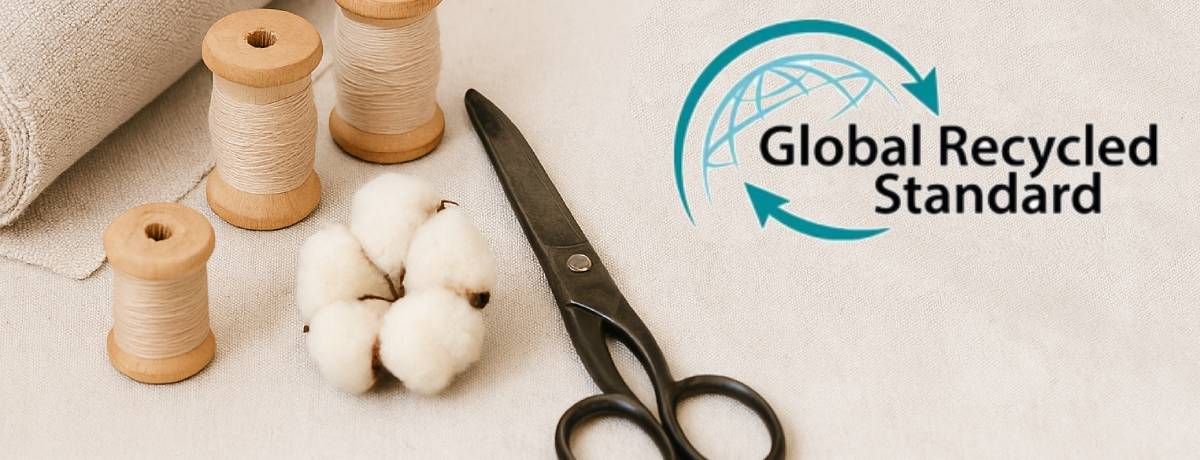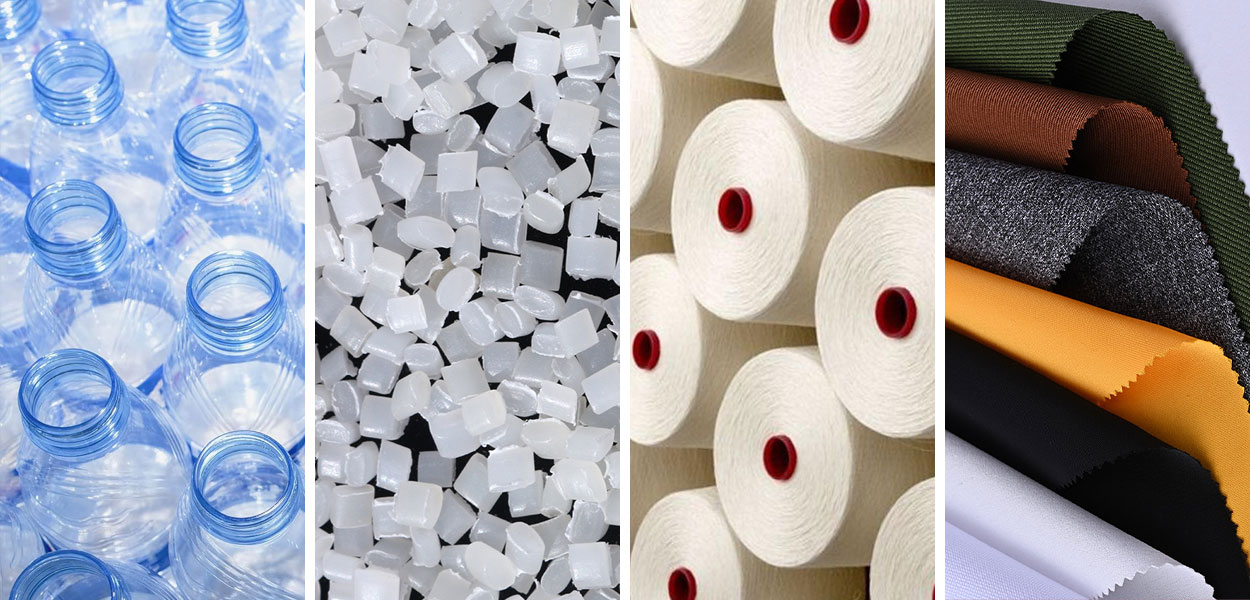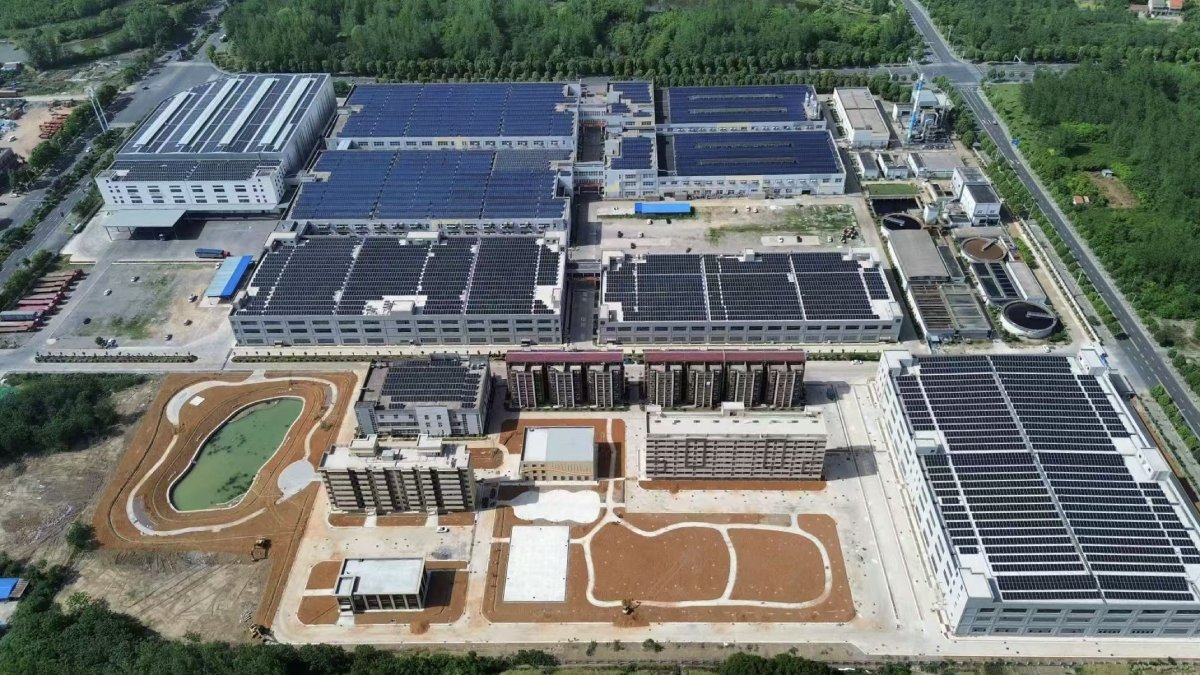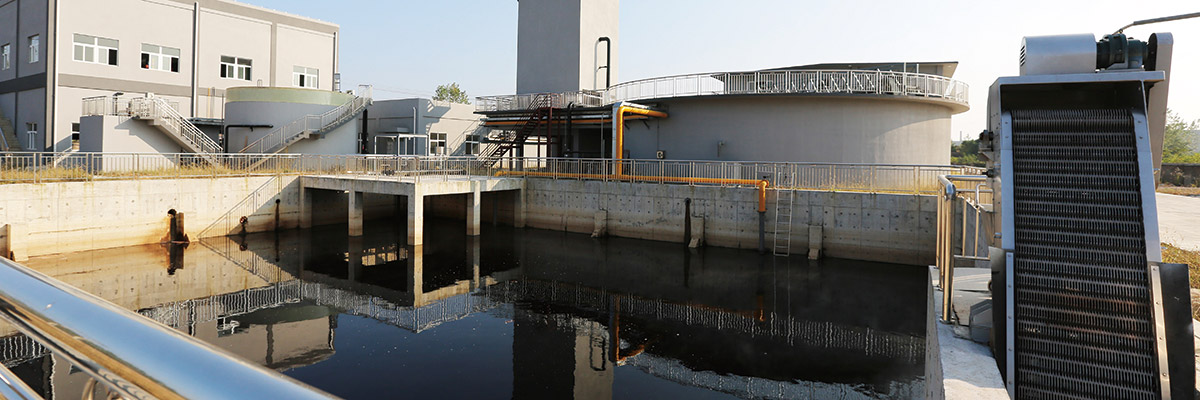Eco Friendly Sewing Materials: 2025 Apparel Accessories Industry Eco-Trends vs MH Company

Sustainability is no longer an option in the apparel accessories industry; it’s a must. With stricter regulations, changing consumer preferences and environmental challenges to address, industry leaders are going green at every level. This article compares the key eco-trends in the accessories market for 2025 with MH Company’s eco-initiatives to see how MH is meeting industry demands for a more sustainable future.
Responsible sourcing of eco-friendly sewing materials is also a key factor in meeting these industry demands for sustainability.
1. Introduction to Sustainable Fashion
Sustainable fashion is reshaping the way we think about clothing, accessories, and the entire textile industry. At its core, sustainable fashion is about designing, producing, and consuming garments in ways that protect the environment, support fair labor, and promote economic responsibility. This movement prioritizes the use of sustainable fabrics—such as organic cotton, hemp, and recycled materials—that have a significantly lower environmental footprint compared to conventional options like virgin polyester. By choosing eco friendly fabrics, manufacturers and consumers alike can help reduce waste, conserve resources, and minimize the environmental impact of fashion production.
The shift towards sustainable fabric options is driving innovation across the industry. Brands are now exploring biodegradable fabrics and closed loop production systems that recycle materials and reduce the need for new raw inputs. These advancements not only help create garments that are durable and versatile but also support a more circular economy, where waste is minimized and resources are reused. As demand for sustainable fashion grows, manufacturers are responding with new eco friendly solutions that make it easier than ever to choose clothing and accessories that are both stylish and responsible. Ultimately, sustainable fashion is about making choices that benefit the environment, support ethical production, and ensure a better future for the industry and the planet.
1. Industry Eco-Trends
To stay ahead in the game, apparel manufacturers are focusing on four key trends that are shaping the industry’s approach to sustainability: the shift to sustainable fabrics—such as organic cotton, hemp, and recycled materials—emphasizing the use of natural fibers and eco-friendly textiles for a lower environmental impact.
These trends include the adoption of biodegradable fabrics and closed loop production systems. The importance of using natural and recycled fibres in sustainable textiles is increasingly recognized, as these materials help reduce waste and support environmentally responsible practices.
Manufacturers are also prioritizing the creation of garments that are durable and versatile. The drape and style of eco friendly sewing materials play a significant role in influencing fashion choices, showing that sustainability and contemporary aesthetics can go hand in hand.
Finally, the industry is investing in new eco friendly solutions. The use of low-impact dyes in sustainable fabric production further reduces the environmental footprint of textiles.
Biodegradable Materials
Biodegradable materials are the top eco-innovation in 2025. Global demand for bio-based buttons and recycled zippers is growing at 12.8% annually. Governments are now mandating a minimum biodegradability rate of 30% for accessories. Companies need to move from conventional plastics to advanced, plant-based solutions that break down naturally. Bamboo, known for its breathability, versatility, and eco-friendly potential, is an excellent example of a sustainable, biodegradable material increasingly used in eco friendly sewing materials.
Low-Carbon Production
Governments and organizations worldwide are cracking down on carbon emissions. EU REACH is pushing for measurable carbon reduction at every stage of production. It’s no longer enough to claim sustainability; brands need to provide carbon footprint data for their products, making emissions transparency a compliance factor.
Water Resource Management
Textile manufacturing has always been water-intensive. Stricter wastewater standards are aiming to minimize environmental harm, requiring manufacturers to prioritize closed-loop water circulation and optimized wastewater treatment systems. The use of eco-friendly dyes and sustainable dyeing processes is also crucial, as it helps further reduce water pollution and the environmental impact of textile manufacturing. This ensures compliance and conserves our planet’s most precious resource.
Renewable Energy
The shift to renewable energy is transforming the industry. Using solar and wind power to fuel production processes reduces carbon intensity and boosts efficiency. More manufacturers are aligning their operations with renewable energy sources to build sustainable supply chains and reduce environmental impact.
3. Organic Cotton and Fabric Options
Organic cotton stands out as a leading sustainable fabric, offering significant benefits for both the environment and consumers. Unlike conventional cotton, organic cotton is cultivated without toxic pesticides, synthetic fertilizers, or genetically modified organisms, which helps preserve soil health and encourages biodiversity. This eco friendly approach not only reduces the environmental impact of cotton production but also results in fabrics that are incredibly durable, soft, and breathable—perfect for a variety of sewing projects, from everyday clothing to unique accessories.
Beyond organic cotton, there are several other sustainable fabric options gaining popularity. Hemp fabric, for example, is known for its strength and requires less water and land to produce than traditional cotton, making it a highly sustainable choice. Linen, made from the flax plant, is another biodegradable option that is both lightweight and durable. Recycled materials, such as recycled polyester, are created from post-consumer waste like plastic bottles, helping to divert waste from landfills and reduce the need for new raw materials. By selecting organic cotton, hemp, linen, and recycled fabrics, consumers and manufacturers can support environmentally friendly practices, reduce waste, and create garments that are both stylish and sustainable.
4. Certified Sustainable Fabrics: The Oeko Tex Standard

The Oeko-Tex Standard is a trusted certification in the textile industry, ensuring that fabrics meet strict environmental and social criteria. To earn the Oeko-Tex label, fabrics undergo comprehensive testing for harmful substances, including pesticides, heavy metals, and solvents, safeguarding both human health and the environment. The certification process also evaluates the entire production chain, from energy and water usage to waste management and fair labor practices, ensuring that every step aligns with sustainable and ethical standards.
For consumers seeking environmentally friendly fabrics, the Oeko-Tex Standard offers peace of mind that their clothing and accessories are produced with minimal environmental impact. This certification is a clear indicator that a fabric is not only safe to wear but also manufactured responsibly, supporting a cleaner environment and better working conditions. As one of the most recognized examples of sustainable fabric certification, Oeko-Tex helps drive the adoption of sustainable fabrics and responsible production practices throughout the textile industry, making it easier for brands and consumers to make eco friendly choices.
2. MH Company’s Eco-Practices
MH Company is a sustainable leader in the apparel accessories industry. By integrating green solutions across its operations, MH is meeting or exceeding industry compliance levels in every eco-trend. Here’s how:
Eco-Trend
MH Company’s Measures
Compliance Level
Biodegradable Materials
Uses GRS-certified PLA biodegradable threads and recycled buttons, incorporates recycled fibers, and partners with sustainable suppliers to meet biodegradability requirements.
Fully compliant
Low-Carbon Production
Photovoltaic power generation: Achieving a win-win for economic and environmental benefits for businesses., reducing carbon emissions.

Water Management
Advanced wastewater treatment systems with optimized dyeing processes.

Circular Economy
![]() GRS-certified recycled PET (rPET) threads, and includes Tencel, viscose, and rayon derived from wood pulp as part of MH's sustainable material portfolio, reducing virgin plastics and supporting sustainable development.
GRS-certified recycled PET (rPET) threads, and includes Tencel, viscose, and rayon derived from wood pulp as part of MH's sustainable material portfolio, reducing virgin plastics and supporting sustainable development.
Trend compliant
MH Company is not just following industry trends but setting the standard for responsible manufacturing. Their commitment to eco-innovation means clients can trust their sustainability goals.
MH Company's eco friendly sewing materials, including their threads and fabrics, are recognized for their durability, ensuring long-lasting and practical solutions for sustainable fashion.
3. Why MH Company
MH goes beyond compliance by offering customized solutions for its customers, using its expertise in eco-products to help businesses create truly sustainable apparel. Here’s why MH stands out in the eco-friendly space:
-
Innovative Product Line: MH’s GRS-certified eco-threads and recycled accessories meet strict sustainability standards and perform top-tier. MH also acts as a store for eco friendly sewing materials.
-
End-to-End Green Solutions: From low-carbon production to product data, MH makes it easy for brands to go green.
-
Transparency: MH provides certification and compliance documentation so clients can meet consumer and regulatory expectations with confidence.
sustainable fabrics are suitable for creating a variety of garments, including dresses.
4. Future Proof Your Supply Chain
MH Company’s eco-practices are the future of sustainability. To stay ahead, brands need to adapt and source from companies like MH that prioritise:
-
Biodegradability to meet consumer and regulatory requirements.
-
Carbon neutrality through renewable energy and emissions tracking.
-
Water efficiency using advanced systems that minimize waste.
Choosing MH Company as your eco-accessory partner means you align with these key considerations and boost your product value.
5. Partner with MH for a Greener Tomorrow
Looking to elevate your brand with sustainable apparel accessories? MH Company delivers products and competitive advantages that meet 2025’s eco-trends.
How MH can help you:
✔️ Explore our GRS-certified eco-threads, recycled zippers and biodegradable accessories.
✔️ Get customized quotes for your specific material requirements and sustainability goals.
✔️ Visit our solar-powered factory and water treatment facilities to experience eco-innovation.
???? Email us at sales@mh-chine.com Get started. Partner with MH Company now and build greener supply chains. Let’s create a sustainable fashion future.
